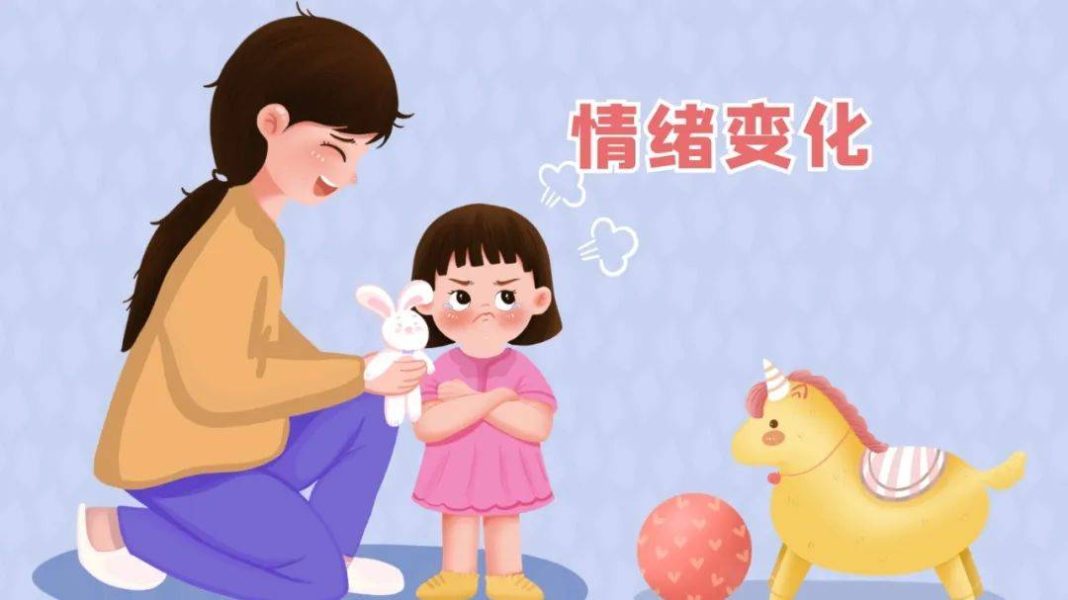In this challenging era, each of us is under varying degrees of pressure. When the pressure accumulates to a certain extent, some people may fall into the distress of depression. Depression is not just “feeling blue”; it is a complex psychological disorder that requires professional diagnosis and treatment. So, how can you determine if you may have depression? This article will guide you through a preliminary self-assessment.
Image source: Internet
1
Emotional Changes
Feeling sad, helpless, and hopeless, losing interest in things previously enjoyed, frequently crying or feeling the urge to cry – all of these could be signals of depression.
2
Sleep Issues
Depression patients often experience symptoms of insomnia or excessive sleep. Have you found yourself tossing and turning at night, unable to fall asleep, or feeling sleepy during the day, lacking energy?
3
Appetite Changes
Depression may impact your eating habits. Some may overeat for comfort, while others may lose their appetite completely.
4
Decreased Energy
Feeling extremely fatigued even without doing much, lacking motivation, finding even daily tasks overwhelming.
5
Cognitive Decline
Decreased memory, difficulty concentrating, making decisions – these cognitive changes may also be related to depression.
6
Low Self-Esteem
Continuous self-blame, self-doubt, feeling worthless, having a pessimistic attitude towards the future.
7
Social Withdrawal
Avoiding communication with others, dodging social activities, reluctant to interact even with close ones.
8
Physical Discomfort
Long-term headaches, stomachaches, or unexplained bodily pain without clear physiological causes.
If you notice several of the above symptoms and they persist for an extended period (usually over two weeks), it might be worth considering the possibility of depression. However, this doesn’t necessarily mean you have depression, as only a professional doctor can provide an accurate diagnosis.
Image source: Stock photos
How should we deal with depression?
1. Seek help promptly: Consult a mental health counselor or psychiatrist for professional evaluation and guidance.
2. Maintain a healthy lifestyle: Regular routines, balanced diet, moderate exercise can help improve mood.
3. Build a support system: Communicate with family and friends, let them be your strong support.
4. Engage in activities of interest: Cultivate hobbies, shift focus, reduce the impact of negative emotions.
Remember, depression is a treatable condition. Face it bravely, seek active treatment, and remember that after every storm, there is sunlight. If you feel troubled, do not hesitate, seek help immediately. Your health deserves the best care!
Image source: Stock photos
Friendly reminder
If in doubt, feel free to consult professional psychiatrists at Guangzhou Brain Doctor Hospital!
Content Source/Guangzhou Brain Doctor Hospital
Cover Source/Doctor’s Design Team


